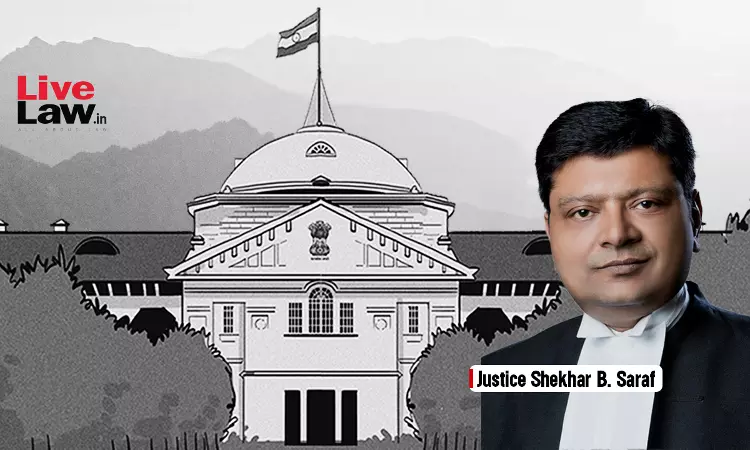Take Steps To Avoid Delays In Filing Arbitration Appeals: Allahabad High Court To State's Principal Law Secretary
Upasna Agrawal
2 July 2024 5:48 PM IST

Next Story
2 July 2024 5:48 PM IST
The Allahabad High Court has directed the Principal Secretary (Law), Uttar Pradesh to take steps to avoid delays in filing arbitration appeals beyond statutory limitations by the State Government and submit a report on the actions taken in this regard within 6 months.While deciding an appeal under Section 37 of the Arbitration & Conciliation Act, 1996 filed by the Government of Uttar...
